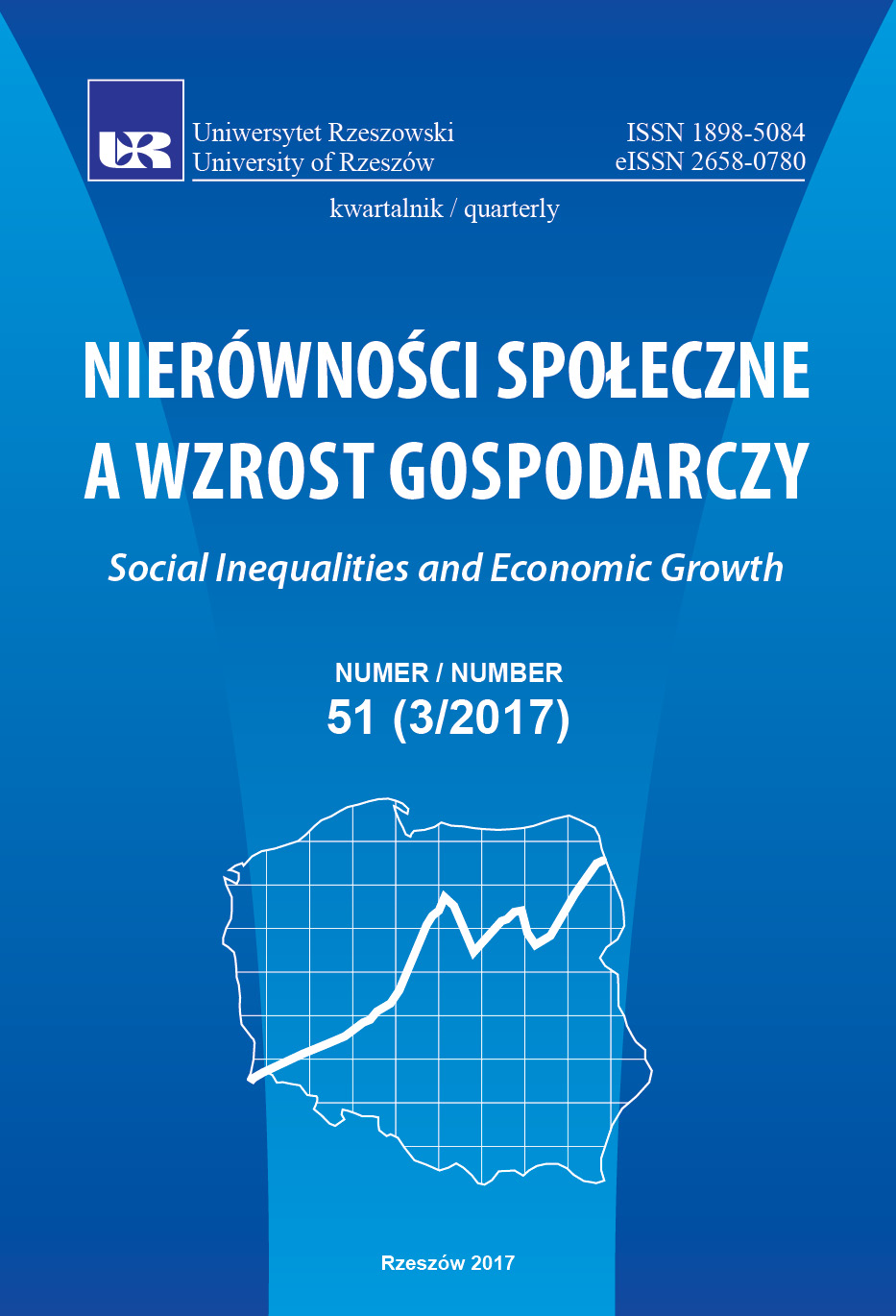The role of educational institutions in assuring social inclusion
DOI:
https://doi.org/10.15584/nsawg.2017.3.18Keywords:
Sweden, educational politics, migration politics, social inclusionAbstract
The aim of this paper is to examine educational institutions and recent education policy reforms in Sweden within the context of immigration. The education is known to have impact on enhancing the quality of human capital and social inclusion. However, as it is suggested in the literature on educational segregation, any means of inclusion are exclusive at the same time. Does this remain true in the case of Sweden? To answer this question, the analytical framework by B. Stauber and M. P. do Amoral (accompanied by S. J. Peters’ criteria of cost effectiveness) has been adopted, including three axes of analysis: effectiveness, adaptability, and universalism (ability to ensure unrestrained access to education). The methodology involves a reflective study of recent works about social inclusion and immigration, including reports from OECD, UE and the Swedish National Agency for Education. The variety of institutions offering free access to differentiated courses in Sweden does reflect a potential of social inclusion. Yet, educational outcomes of foreign-born citizens are not satisfactory in comparison with those achieved by Swedes and in relation to rising costs of financing primary, secondary and upper-secondary education. The reforms introducing decentralisation and free school choice do create new possibilities but also lead to more segregation across regions and schools or leave known problems unsolved. The thesis of inclusive education being exclusive at the same time can be therefore born out but only when accepting the limitations of the undertaken study and the need for deepened analysis using the given framework.Downloads
Download data is not yet available.
Downloads
Published
2020-11-13
How to Cite
Wetoszka, P. (2020). The role of educational institutions in assuring social inclusion. Social Inequalities and Economic Growth, 3(51), 219–230. https://doi.org/10.15584/nsawg.2017.3.18
Issue
Section
Articles
License
Copyright (c) 2017 University of Rzeszow

This work is licensed under a Creative Commons Attribution-ShareAlike 4.0 International License.


